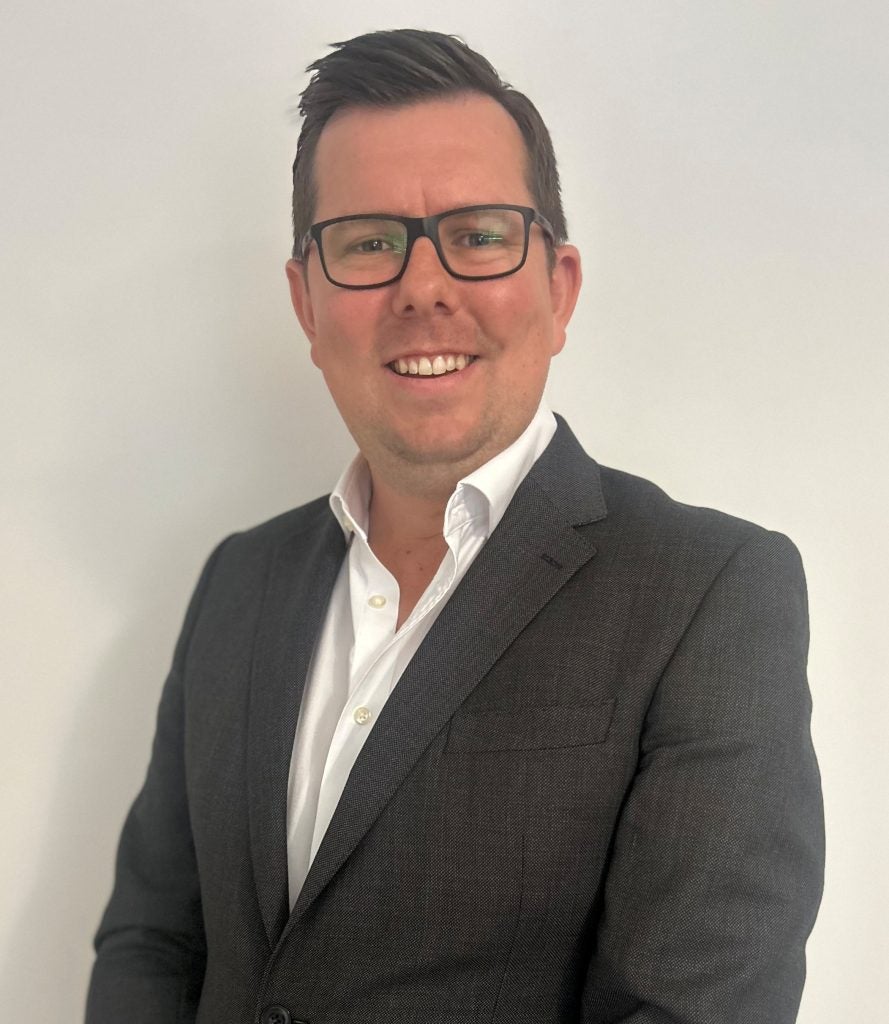Brussels/London. The Belgian Institute of Registered Auditors (Institut des Réviseurs d’Entreprises, IRE) has signed a cooperation agreement with the newly-created professional accountancy body of the Democratic Republic of Congo (DRC).
L’Ordre National des Experts-Comptables (ONEC), as it is called in French, was set up in 2015 by a law aimed at providing the country with a defined legal framework for audit and accounting.
The cooperation agreement signed by IRE and ONEC intends to build capacity and training, and focuses on the oversight of professional accountants examinations.
IRE president, Daniel Kroes, told The Accountant that as a former colony, his institute has a long-standing relationship with the DRC.
Prior to the creation of ONEC, the other professional body in the DRC (Institut des Réviseurs Comptables, IRC) and IRE had already worked together.
According to Kroes this cooperation would now be extended to the recently-created DRC professional body.
How well do you really know your competitors?
Access the most comprehensive Company Profiles on the market, powered by GlobalData. Save hours of research. Gain competitive edge.

Thank you!
Your download email will arrive shortly
Not ready to buy yet? Download a free sample
We are confident about the unique quality of our Company Profiles. However, we want you to make the most beneficial decision for your business, so we offer a free sample that you can download by submitting the below form
By GlobalData"Belgian auditors would go there during the examinations period and be part of the jury for their final tests to become auditors," Kroes said.
"But the new law covers not only audit but also ‘expert comptables’, so accountants. And now we are discussing with them the continuation of what we have been doing with the other body, the IRC," Kroes added.
Kroes also said that the cooperation between professional bodies has traditionally included some training and education.
As such during a number of years his institute participated in a program that allowed Congolese students to be trainees at Belgian audit firms.
However, this program has lately suffered some disruption due to financing issues, Kroes said.
IRE said in a statement that oral examinations for aspiring auditors will be held in May in Kinshasa, Kisangani and Lubumbashi.
The examination board has six members, of which two will be Belgian auditors.
Kroes hoped that this initiative would help to contribute to the professionalisation of the DRC profession, and as a result, to the improvement of the overall business and investment environment.
The last World Bank’s Report on the Observance of Standards and Codes (ROSC) focused on DRC was published in 2009.
Back then the ROSC team who analyzed the national accountancy industry recommended that the government should establish an institute by law to bring together all professional accountants, thus unifying the profession.






